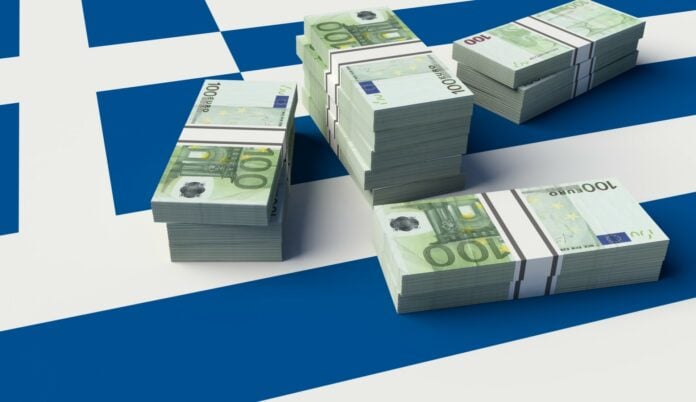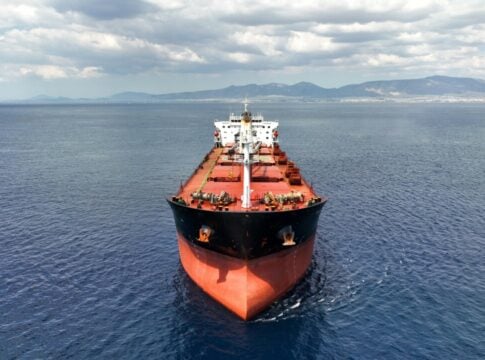The deficit of the current account balance widened in relation to the same period last year and amounted to 9.7 billion euros in the five months of January-May 2024.
More specifically, the external deficit corresponds almost to 5% of GDP, a worrying but explainable development.
The course of each country’s current account balance reflects its competitiveness. When the external balance worsens, it means that competitiveness is problematic or at least facing problems.
A month ago, the Association of Greek Industries published the IMD report, according to which, based on competitiveness, Greece was in 47th place among 67 countries in 2024. Compared to 2023, its ranking improved by two notches (49).
Of course, this progress is not a cause for celebration, on the contrary, the ranking is a cause for concern.
Everyone expects the improvement of investments and the strengthening of competitiveness to come from the resources of the Recovery Fund, which are not being absorbed at a satisfactory rate, and from the tourism receipts, which are increasing, but not sufficiently.
In the five month period of January-May, the central bank recorded a deficit in the balance of goods amounting to 14.99 billion euros, which is several times higher than tourism receipts (3.81 billion euros) and the total surplus of the balance of services (4.4 billion euros).
In the 2000s, the country paid the cost of the large external deficit, as, in combination with the high fiscal deficit, in 2010 it entered the memoranda.
Currently, the country does not have a fiscal problem, as keeping several taxes at nominal levels easily fills the public coffers and enhances the budget shows surpluses.
Nevertheless, shrinking the external deficit through strengthening competitiveness must be a priority.















